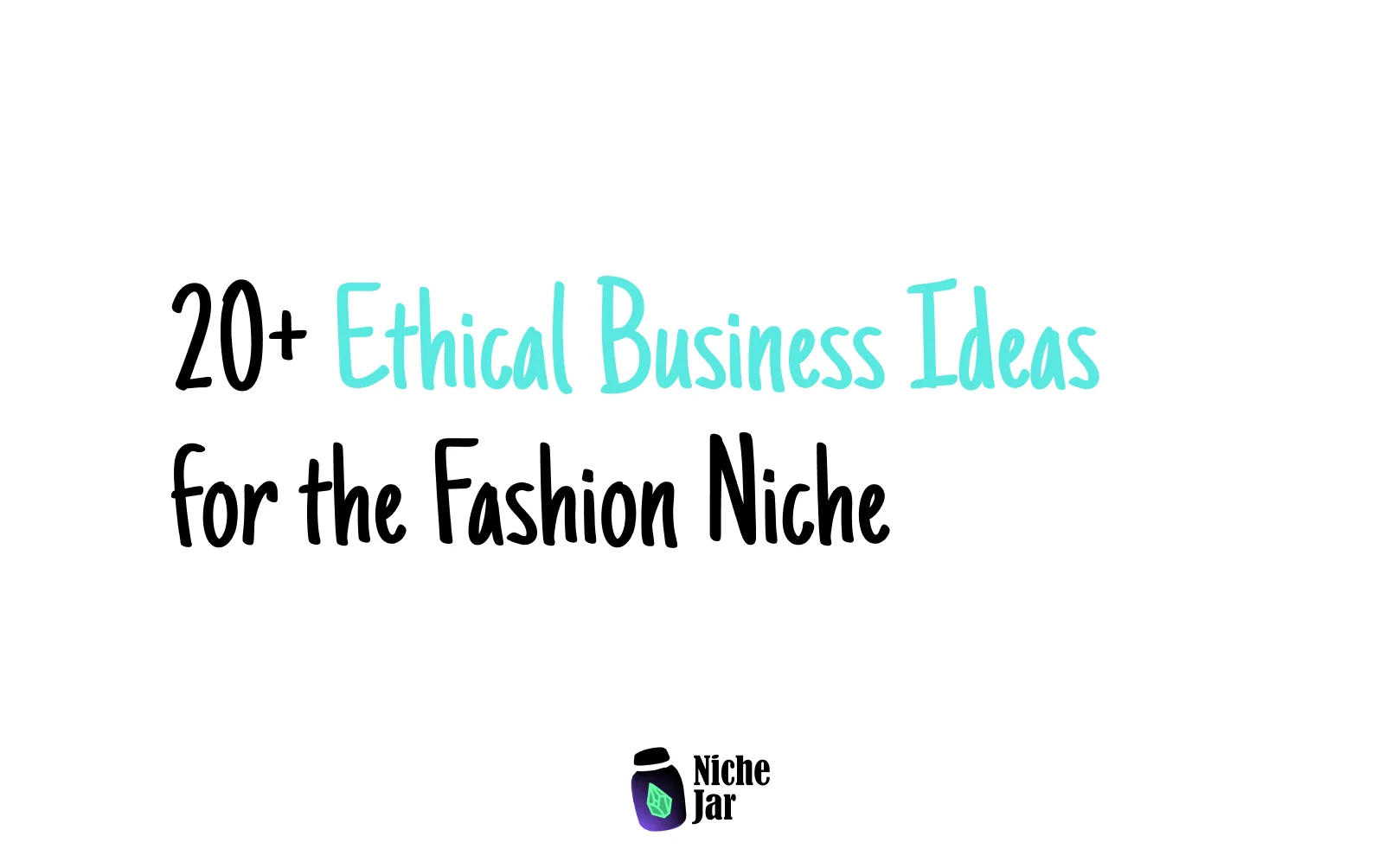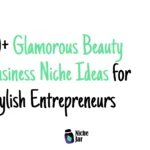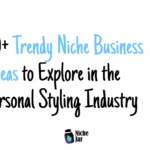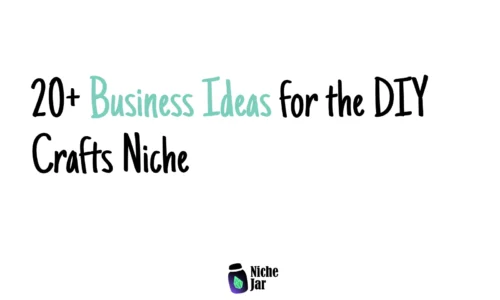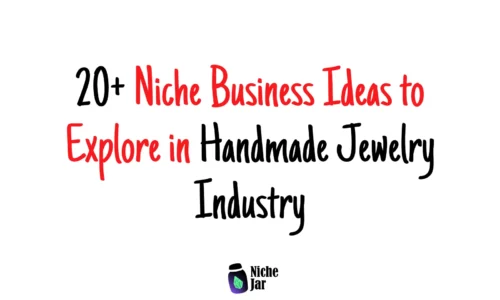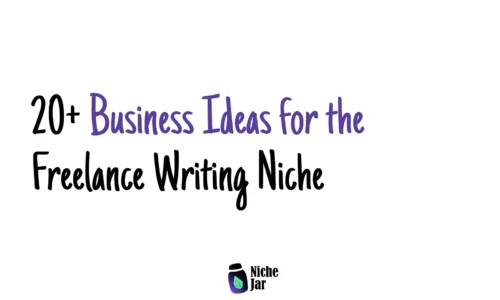- Senia
- 0 Comments
- 742 Views
Have you ever wondered if it’s possible to earn a living in fashion without harming the planet or people? Ethical business ideas for the fashion niche are proving that style and sustainability can go hand in hand. From what I’ve seen, even small steps in this direction can create profitable opportunities while making a positive difference.
The fashion industry has always been one of the most creative and profitable fields, but it also carries some of the biggest challenges—fast fashion, waste, and unfair labor practices. For everyday people who want to build a business, this can feel discouraging. But I believe this challenge also opens the door to something powerful: the chance to build an income in ways that truly help others. That’s where ethical fashion business ideas come in.
Ethical fashion is not only about organic fabrics or recycled clothing. It’s about making choices that are better for people, the planet, and even local communities. From what I’ve learned, consumers are actively searching for sustainable, fair, and transparent brands. According to global market reports, demand for ethical fashion is expected to grow significantly over the next decade. That means there’s room for small, purpose-driven entrepreneurs to step in.
In this post, I’ll share 20+ ethical fashion business ideas you can explore. Each one includes:
- Why it could be profitable
- Step-by-step tips for getting started
- Possible challenges and solutions
- Startup costs and monetization methods
- Real-world examples or case studies
Whether you’re thinking of starting small from home or aiming for a bigger project later, I hope these ideas will give you a practical path to explore. Remember, success isn’t overnight—it’s built step by step, and there’s no one-size-fits-all formula.
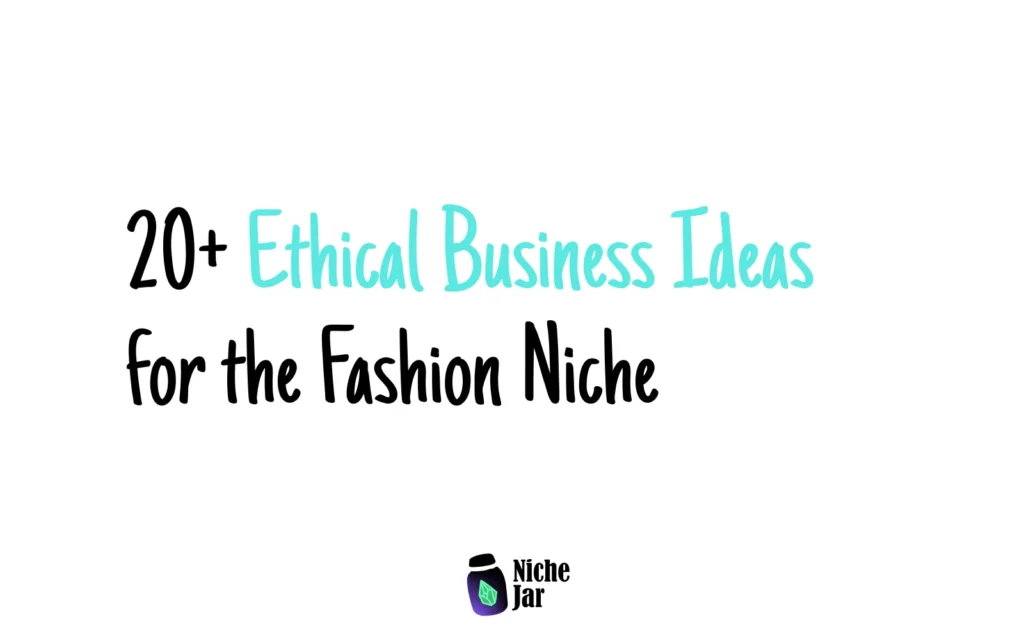
1. Sustainable Clothing Line
Creating a sustainable clothing line focuses on eco-friendly fabrics like organic cotton, hemp, or bamboo. This appeals to conscious consumers who want stylish clothes without harming the planet.
Steps to start:
- Research suppliers that offer certified sustainable fabrics.
- Begin with simple items like shirts or dresses.
- Use print-on-demand services to reduce upfront inventory.
- Build a story around your brand’s values.
Challenges & solutions: Sourcing can be expensive—try starting small with limited collections.
Startup costs: $2,000–$10,000 depending on production scale.
Monetization: Direct sales via online stores, pop-ups, or marketplaces like Etsy.
Example: A small brand like Reformation started with sustainable basics and grew through storytelling.
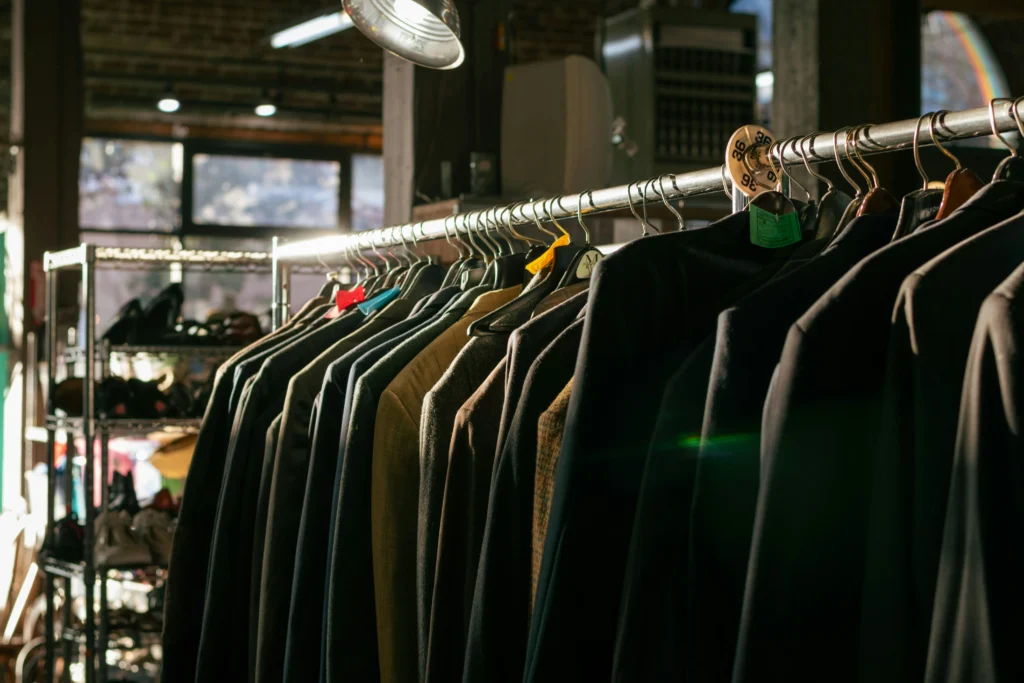
2. Fair Trade Fashion Store
This business sells ethically sourced fashion items, ensuring fair wages and safe conditions for workers.
Steps to start:
- Partner with fair-trade certified suppliers.
- Set up an e-commerce store.
- Highlight transparency with supplier stories.
Challenges & solutions: Higher costs may deter customers. Educate buyers on why fair trade matters.
Startup costs: $5,000–$20,000.
Monetization: Online sales, subscription boxes, wholesale partnerships.
Example: Ten Thousand Villages grew by focusing on artisan-made fair-trade items.
3. Upcycled Fashion Business
Upcycling gives old garments a new life—turning jeans into bags or vintage clothes into modern designs.
Steps to start:
- Source second-hand clothes from thrift shops.
- Learn basic sewing or collaborate with a tailor.
- Sell through Instagram or local markets.
Challenges & solutions: Each item is unique, so scaling is tricky. Position it as “limited edition.”
Startup costs: Under $1,000.
Monetization: Direct sales, online marketplaces.
Example: Beyond Retro built a following by repurposing vintage stock.
4. Second-Hand Clothing Boutique
Thrifting is booming, especially among Gen Z. A boutique can focus on curated pre-loved fashion.
Steps to start:
- Curate high-quality second-hand pieces.
- Set up shop online or offline.
- Offer styling tips to attract loyal buyers.
Challenges & solutions: Sorting takes time. Narrow your niche (e.g., vintage dresses, designer resale).
Startup costs: $2,000–$7,000.
Monetization: Direct sales, consignment.
Example: ThredUp scaled from small resale to a major platform.
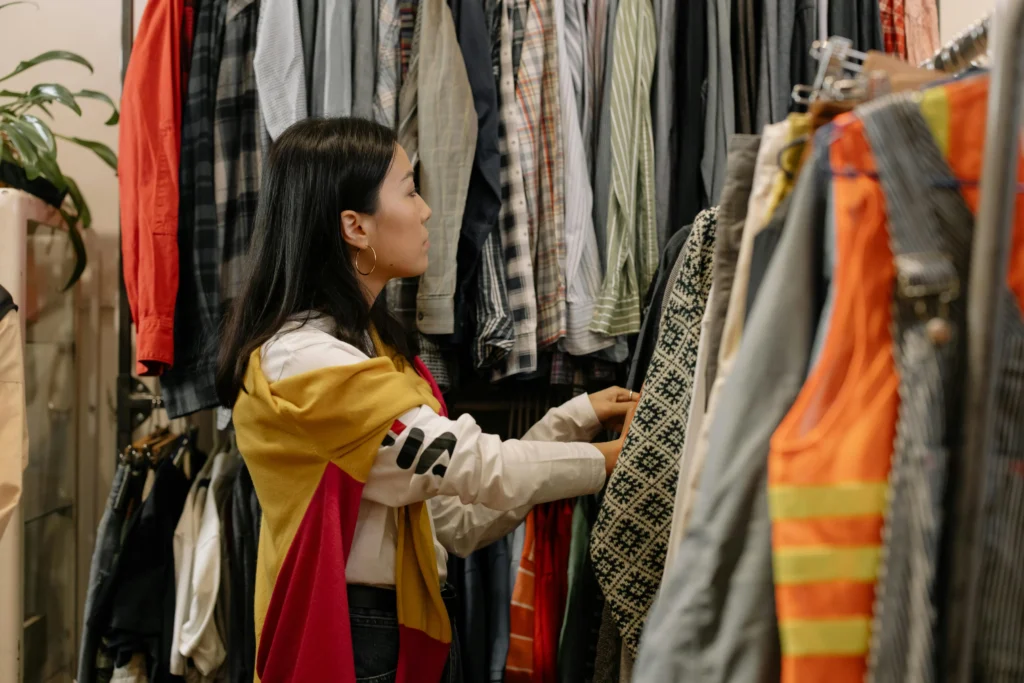
5. Ethical Shoe Brand
Shoes are a wardrobe essential, yet many are made under poor labor conditions. An ethical shoe brand focuses on sustainable materials and fair production.
Steps to start:
- Research eco-friendly materials like cork, recycled rubber, or plant-based leather.
- Partner with fair-wage factories or small artisan groups.
- Start with one product line, like sneakers or sandals.
Challenges & solutions: Production costs are higher—use storytelling to highlight quality and longevity.
Startup costs: $10,000–$30,000 depending on manufacturing.
Monetization: Direct sales, collaborations, limited editions.
Example: Veja built a loyal following by being transparent about sourcing and costs.
6. Organic Cotton T-Shirt Line
T-shirts are a staple, making them a great entry point into sustainable fashion.
Steps to start:
- Source GOTS-certified organic cotton.
- Offer simple, versatile designs.
- Use eco-friendly printing methods.
Challenges & solutions: The market is crowded—differentiate with designs or social causes.
Startup costs: $3,000–$8,000.
Monetization: Online store, wholesale to boutiques, crowdfunding campaigns.
Example: Kotn focuses on organic basics while reinvesting in cotton-farming communities.
7. Eco-Friendly Accessories
Accessories like belts, scarves, or hats can be made from recycled or natural materials.
Steps to start:
- Pick one accessory niche.
- Partner with artisans or local makers.
- Sell via Etsy, Instagram, or eco-markets.
Challenges & solutions: Smaller products often mean smaller margins—bundle items into sets.
Startup costs: $500–$3,000.
Monetization: Direct sales, wholesale, subscription boxes.
Example: Many Etsy sellers thrive by turning recycled fabrics into unique accessories.
8. Fashion Rental Service
Instead of buying, consumers rent outfits for events, saving money and reducing waste.
Steps to start:
- Build a collection of high-quality, timeless pieces.
- Create a rental system (online booking or local delivery).
- Offer cleaning and care services.
Challenges & solutions: Dry-cleaning can be expensive—choose washable fabrics where possible.
Startup costs: $5,000–$15,000.
Monetization: Rental fees, memberships, late return charges.
Example: Rent the Runway scaled globally by offering designer rentals.
9. Handmade Jewelry Business
Jewelry using recycled metals or ethically sourced stones can be both stylish and responsible.
Steps to start:
- Learn jewelry-making skills or collaborate with artisans.
- Use recycled gold/silver and lab-grown stones.
- Sell online, at fairs, or through subscription boxes.
Challenges & solutions: Competing with mass-market jewelry—emphasize storytelling and craftsmanship.
Startup costs: $500–$5,000.
Monetization: Online stores, custom orders, wholesale.
Example: Mejuri started small and became popular with minimalist, ethically made jewelry.
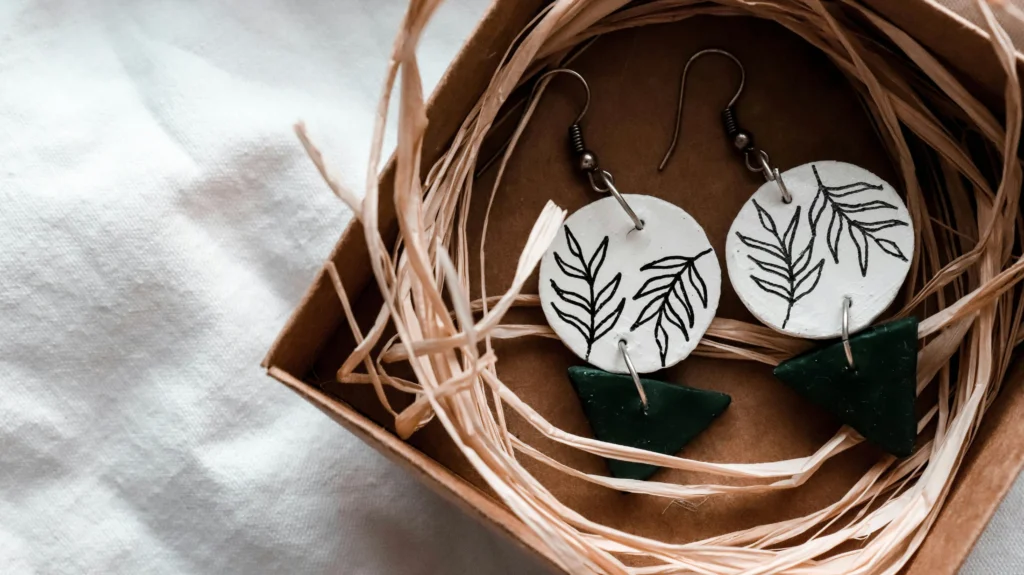
10. Vegan Leather Brand
Plant-based alternatives like cactus, pineapple, or mushroom leather are gaining traction.
Steps to start:
- Choose a niche (bags, wallets, jackets).
- Partner with suppliers of vegan leather.
- Market toward eco-conscious and vegan buyers.
Challenges & solutions: Materials may be costlier—educate consumers on durability benefits.
Startup costs: $7,000–$25,000.
Monetization: Direct-to-consumer online sales, crowdfunding.
Example: Matt & Nat has been successful with vegan leather bags.
11. Local Artisan Collaborations
Supporting local artisans preserves traditions while creating sustainable fashion.
Steps to start:
- Identify local craftspeople.
- Co-create designs mixing tradition with modern trends.
- Sell online or at cultural fairs.
Challenges & solutions: Limited production capacity—position as exclusive, small-batch items.
Startup costs: $1,000–$5,000.
Monetization: Direct sales, collaborations with boutiques.
Example: Maya Traditions in Guatemala connects artisans with global markets.
12. Clothing Repair & Alterations
Encouraging repair over replacement supports slow fashion values.
Steps to start:
- Set up a small sewing studio.
- Offer mending, resizing, and customizations.
- Market locally with community workshops.
Challenges & solutions: Customers may undervalue repair—educate on cost savings and sustainability.
Startup costs: $300–$2,000.
Monetization: Per-service fees, subscription-based mending packages.
Example: Many tailors are finding new relevance with eco-conscious clients.
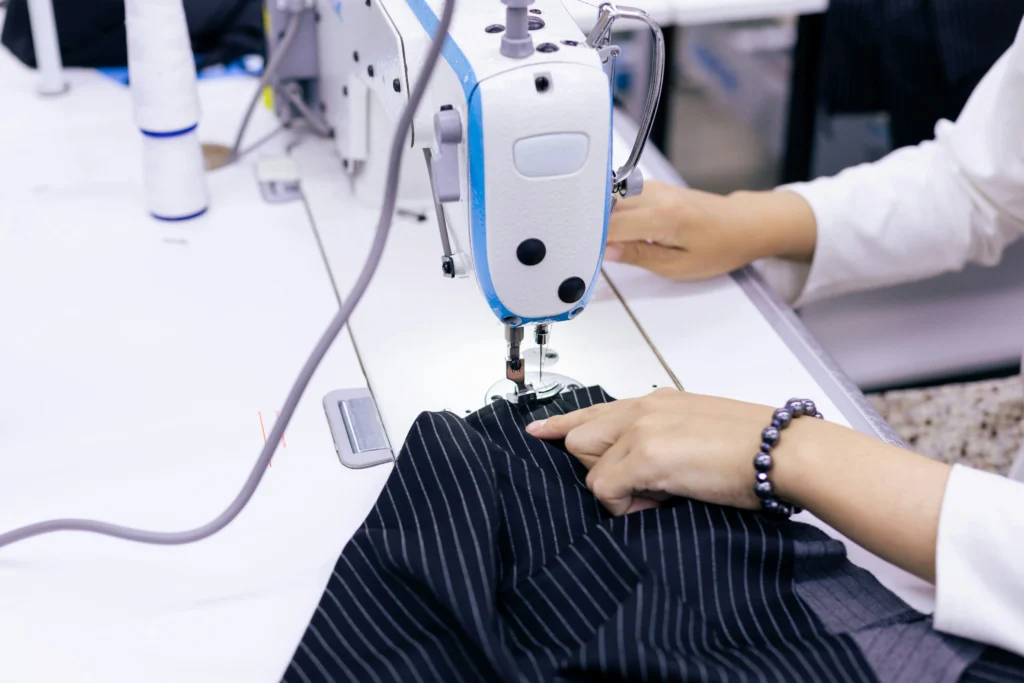
13. Recycled Fabric Bags
Turn leftover fabric scraps into tote bags, backpacks, or purses.
Steps to start:
- Collect fabric waste from tailors or factories.
- Sew simple, functional designs.
- Sell as “zero-waste” lifestyle products.
Challenges & solutions: Irregular fabric supply—partner with consistent sources.
Startup costs: $200–$1,000.
Monetization: Online store, bulk sales to eco-shops.
Example: Small brands like Looptworks thrive by using textile waste.
14. Zero-Waste Fashion Patterns
Designing patterns that leave no textile waste is a growing movement.
Steps to start:
- Learn or collaborate with zero-waste fashion designers.
- Create sewing patterns for DIY enthusiasts.
- Sell digital downloads online.
Challenges & solutions: Requires specialized design skills—start with small, simple garments.
Startup costs: $500–$3,000.
Monetization: Pattern sales, online classes, workshops.
Example: Designers like Timo Rissanen pioneered this method.
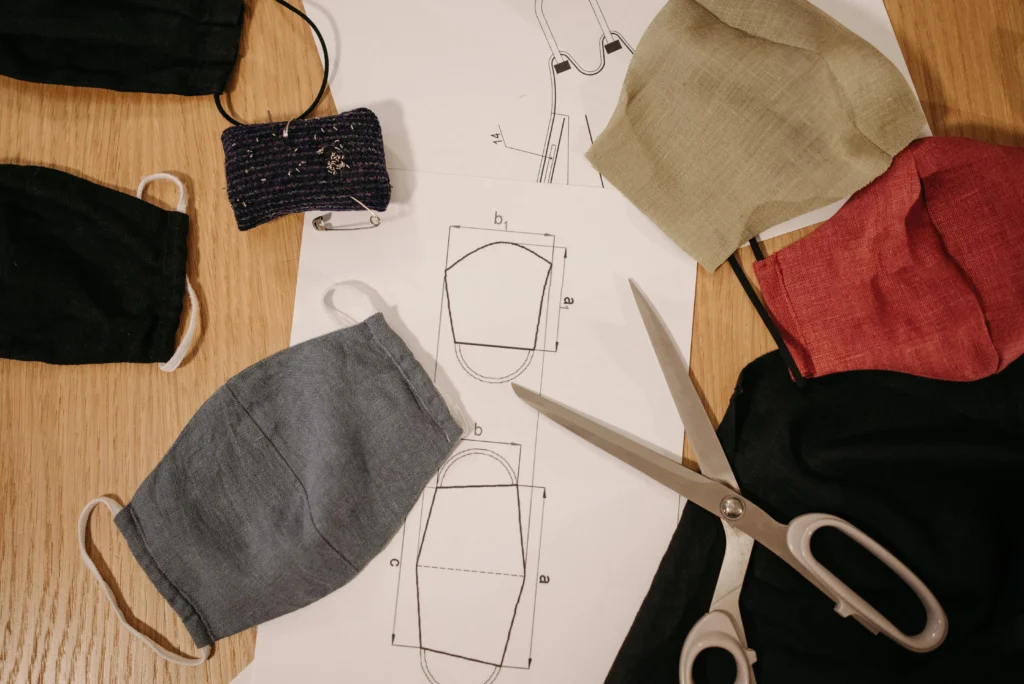
15. Ethical Baby & Kids Clothing
Parents are increasingly choosing organic, safe clothing for children.
Steps to start:
- Focus on organic cotton or bamboo fabrics.
- Design practical, comfortable pieces.
- Market toward eco-conscious parents.
Challenges & solutions: Higher costs—emphasize safety and skin-friendly benefits.
Startup costs: $2,000–$8,000.
Monetization: Online store, baby boutiques, subscription boxes.
Example: Finn + Emma offers certified organic, ethical babywear.
16. Corporate Sustainable Uniforms
Businesses are looking for eco-friendly uniforms to improve their sustainability image.
Steps to start:
- Target industries like hospitality, healthcare, or retail.
- Offer uniforms from recycled or organic fabrics.
- Pitch to companies with sustainability goals.
Challenges & solutions: Bulk production is demanding—start with smaller contracts.
Startup costs: $5,000–$20,000.
Monetization: B2B contracts, repeat orders.
Example: Some hotels now advertise their use of eco-friendly uniforms.
17. Ethical Sportswear
Activewear made with recycled polyester or organic fabrics is in high demand.
Steps to start:
- Research moisture-wicking sustainable fabrics.
- Create simple essentials (leggings, tops).
- Partner with fitness influencers for marketing.
Challenges & solutions: Technical fabrics can be costly—start with one product line.
Startup costs: $7,000–$20,000.
Monetization: Online sales, fitness studio partnerships.
Example: Girlfriend Collective gained popularity with leggings from recycled bottles.
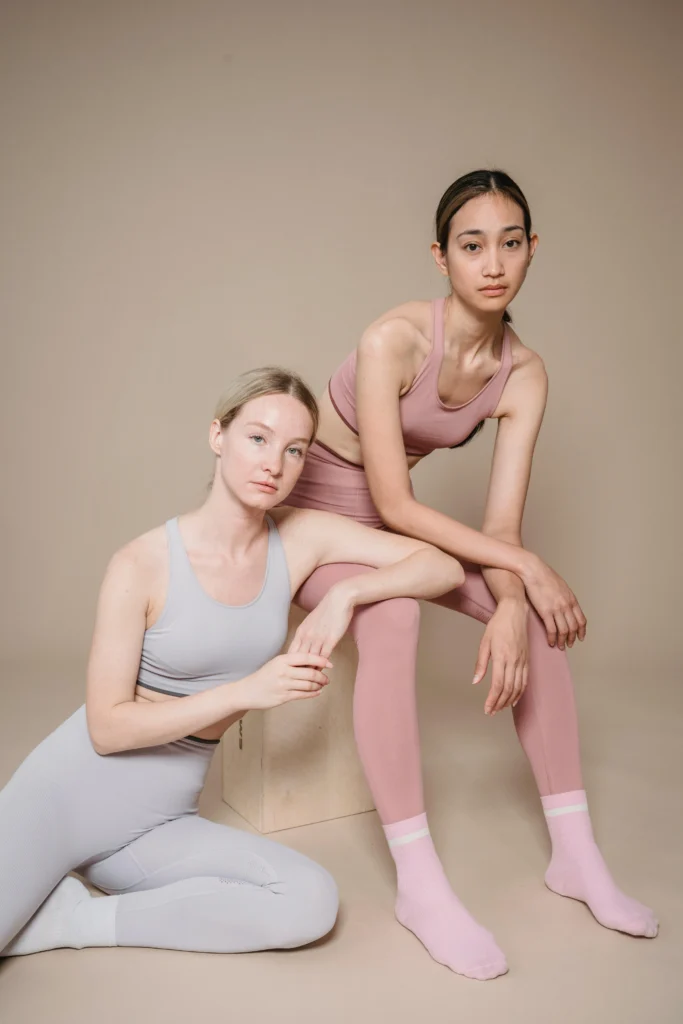
18. Social Impact Fashion Brand
A brand that reinvests profits into social causes builds community loyalty.
Steps to start:
- Choose a cause (education, women empowerment, reforestation).
- Design products around that mission.
- Share transparent impact reports.
Challenges & solutions: Balancing profit with giving—set a clear percentage of donations.
Startup costs: $3,000–$10,000.
Monetization: Direct sales, crowdfunding, collaborations.
Example: TOMS shoes became famous with their “One for One” model.
19. Digital Fashion Designs (NFTs)
Virtual clothing for avatars or social media is growing rapidly.
Steps to start:
- Learn 3D design tools (CLO3D, Blender).
- Sell digital outfits on NFT marketplaces.
- Partner with gaming or metaverse platforms.
Challenges & solutions: Niche market—combine with real-world ethical messaging.
Startup costs: $500–$3,000.
Monetization: NFT sales, licensing.
Example: The Fabricant sells purely digital couture.
20. Slow Fashion Blog or Platform
Content creation around ethical fashion can be profitable too.
Steps to start:
- Launch a blog, YouTube channel, or podcast.
- Share product reviews, brand spotlights, and styling guides.
- Monetize with affiliate links, ads, or e-books.
Challenges & solutions: It takes time to grow an audience—stay consistent and authentic.
Startup costs: $100–$500.
Monetization: Affiliate sales, ads, sponsorships.
Example: Good On You built a popular platform rating fashion brands on ethics.
21. Ethical Fashion Consultancy
Businesses are looking for guidance to transition toward sustainability.
Steps to start:
- Build expertise in supply chains, certifications, and sourcing.
- Offer consulting to fashion startups and local brands.
- Provide audits and strategy plans.
Challenges & solutions: Requires credibility—start with free workshops or case studies.
Startup costs: $500–$5,000.
Monetization: Consulting fees, retainers, workshops.
Example: Independent consultants now advise brands on achieving sustainability certifications.
From what I’ve seen, building an ethical business in fashion is not about chasing trends but about creating lasting value. Each of these ideas shows that profitability and responsibility can exist together. Whether it’s starting small with upcycled pieces or launching a bigger project like a fair-trade store, the key is consistency and a genuine commitment to doing good.
Remember, every journey starts with small steps. If you feel overwhelmed, pick just one idea from this list and experiment. Over time, you’ll learn, grow, and refine your path.
If this guide helped spark ideas, I encourage you to explore more niches here on Nichejar.com. Your thoughts and feedback also mean a lot, so feel free to share them—I believe we can all learn from one another.
TLDR
In short:
- Sustainable Clothing Line – eco-friendly fabrics, high growth potential.
- Fair Trade Fashion Store – highlight transparency and fair wages.
- Upcycled Fashion – creative, low startup cost.
- Second-Hand Boutique – resale is booming with younger shoppers.
- Ethical Accessories & Jewelry – handmade, artisan-friendly.
- Fashion Rental Service – caters to conscious buyers who avoid fast fashion.
- Clothing Repair Services – practical, community-based, low-cost startup.

